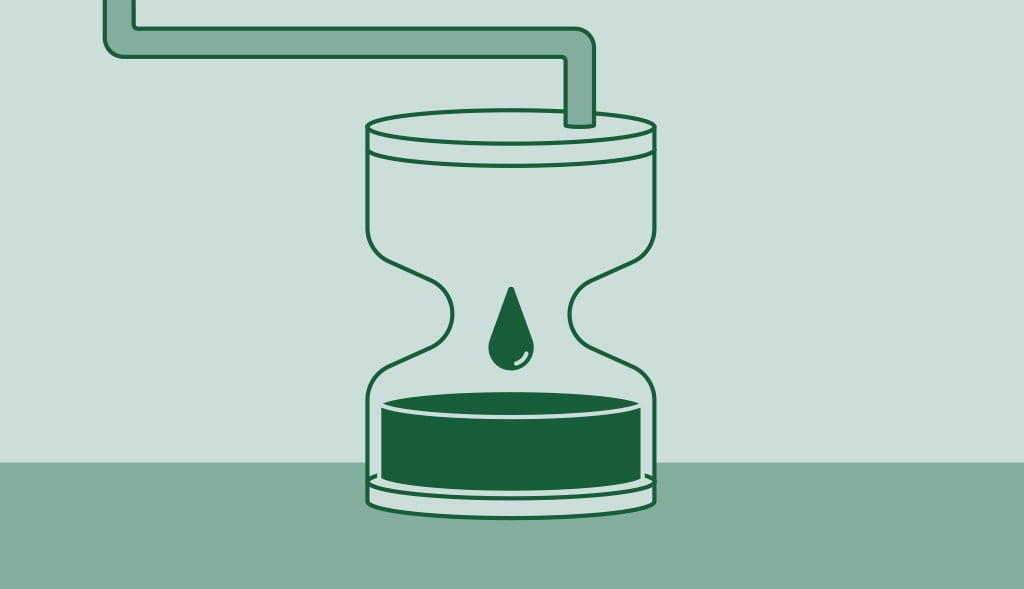Your Comprehensive Guide to Water Heater Troubleshooting
Regular water heater maintenance is the key to prolonging the lifespan of your water heater and ensuring it functions efficiently. Understanding common water heater problems and their fixes can spare you unnecessary costs and the inconvenience of a cold shower. In this guide, we’ll take a comprehensive look at water heater troubleshooting, addressing potential issues with both gas water heaters and electric water heaters.
Conducting a Quick Check on Your Gas and Electric Water Heater
As the first step of your water heater troubleshooting, it’s essential to carry out a preliminary check. This includes inspecting the heater thermostat, looking at the pilot light if you have a gas heater, ensuring the circuit breaker is working for electric heaters, and monitoring the overall water temperature. For optimal energy efficiency and functionality, the thermostat should be set at an ideal temperature of around 120 degrees Fahrenheit.
Solving the Issue of Running Out of Hot Water
One of the most frequent water heater problems encountered by homeowners is running out of hot water quicker than expected. Generally, this issue is due to a misadjusted thermostat or a faulty heating element.
Checking and Adjusting the Thermostat
Regardless of whether your heater is gas or electric, checking the thermostat should be your first response. A thermostat set too low can cause your hot water to run out quicker than you’d like. Adjust the temperature slightly upwards, then monitor the duration of your hot water supply to see if the problem is resolved.
Inspecting the Heating Elements
An electric water heater comprises two heating elements: an upper and a lower one. If either fails, you may experience a shortage of hot water. Always check the upper heating element first since it is responsible for providing the initial supply of hot water.
Troubleshooting Cold Water Production in Your Heater
If your water heater is only producing cold water, it’s likely that the high-temperature limit has tripped. This issue often results from a defective thermostat or a shorted heating element.
Resetting the High-Temperature Limit
For electric heaters, you can address this issue by resetting the high-temperature limit. This involves opening the panel on the water tank, pushing the reset button, and then checking to see if the heater starts producing hot water again.
Relighting the Pilot Light
For gas heaters, if your water remains cold, it’s time to check the pilot light. If the pilot light is out, you need to follow the manufacturer’s instructions to relight it.
Dealing with Inadequate Hot Water Pressure
Another common issue with water heaters is low hot water pressure. This can be caused by sediment build-up in the water heater tanks. The accumulated sediment can restrict the flow of water, thereby reducing the pressure. High water heater pressure comes from a totally different problem.
Flushing the Tank with the Help of Corro-Protec
A solution to this issue is to drain the water heater tank to get rid of the sediment. This process involves attaching a hose to the drain valve at the bottom of the water tank and allowing the water to flow out until it runs clear.
An even more effective long-term solution is to install a Corro-Protec powered anode rod. The Corro-Protec system significantly reduces sediment accumulation in the tank, enhancing water pressure, and the overall functionality of the heater. This smart, adaptive device offers tailored protection for your water heater and can significantly extend its lifespan.
What to Do if Your Circuit Breaker Keeps Tripping
A frequently tripping circuit breaker is another common issue with electric water heaters. This can often be attributed to a faulty heating element.
If your circuit breaker keeps tripping, attempt to reset it. However, if the issue continues, the heating element likely needs to be replaced. This process involves dealing with electrical components, so if you are not comfortable with such tasks, it’s safer to call in a professional.
Managing Inconsistent Water Temperature
Inconsistent water temperature can be a significant inconvenience and might indicate an issue with the thermostat. By adjusting the temperature to a higher setting, you can check if it maintains consistency. If this doesn’t help, the thermostat might need to be replaced.
The Role of the Anode Rod in Preventing Corrosion
The anode rod in your water heater plays a crucial role in preventing tank corrosion. If you’re frequently facing issues with your water heater, consider checking the anode rod. The Corro-Protec powered anode rod provides excellent protection for your water heater. This advanced rod adapts to your water type, providing personalized protection and significantly enhancing your water heater’s lifespan.
Mastering water heater troubleshooting involves understanding the different components of your water heating system and how they can affect your hot water supply. Whether you’re adjusting the thermostat, examining the heating elements, or maintaining your anode rod, these steps can greatly enhance the lifespan and performance of your water heater.
However, not all problems can be resolved with a simple DIY fix, and some issues require professional assistance. Always prioritize safety and consult with a professional when unsure, ensuring safe and effective water heater repair. With this comprehensive guide, you’ll be well-prepared to tackle most common water heater problems and ensure a consistent supply of hot water for your home.
DISCLAIMER: The information provided is for general DIY guidance on water heater maintenance and does not replace professional advice or service. Risks include electric shocks, burns, and property damage. Prioritize safety, follow manufacturer’s guidelines, and consult with professionals if unsure. Comply with local laws and obtain necessary permits. Use this information at your own risk; the provider assumes no liability for any injuries or damages. If in doubt, hire a professional.
Blog
How Long Do Water Heaters Last? Much Shorter Than it Could!
How long do water heaters last is a very complex and difficult question to answer. We live in a society that increasingly understands the environmental […]
How long does a Water Heater take to Heat up?
A question that is often asked by many homeowners. How long does it take for a hot water heater to heat water? The process is rather […]

